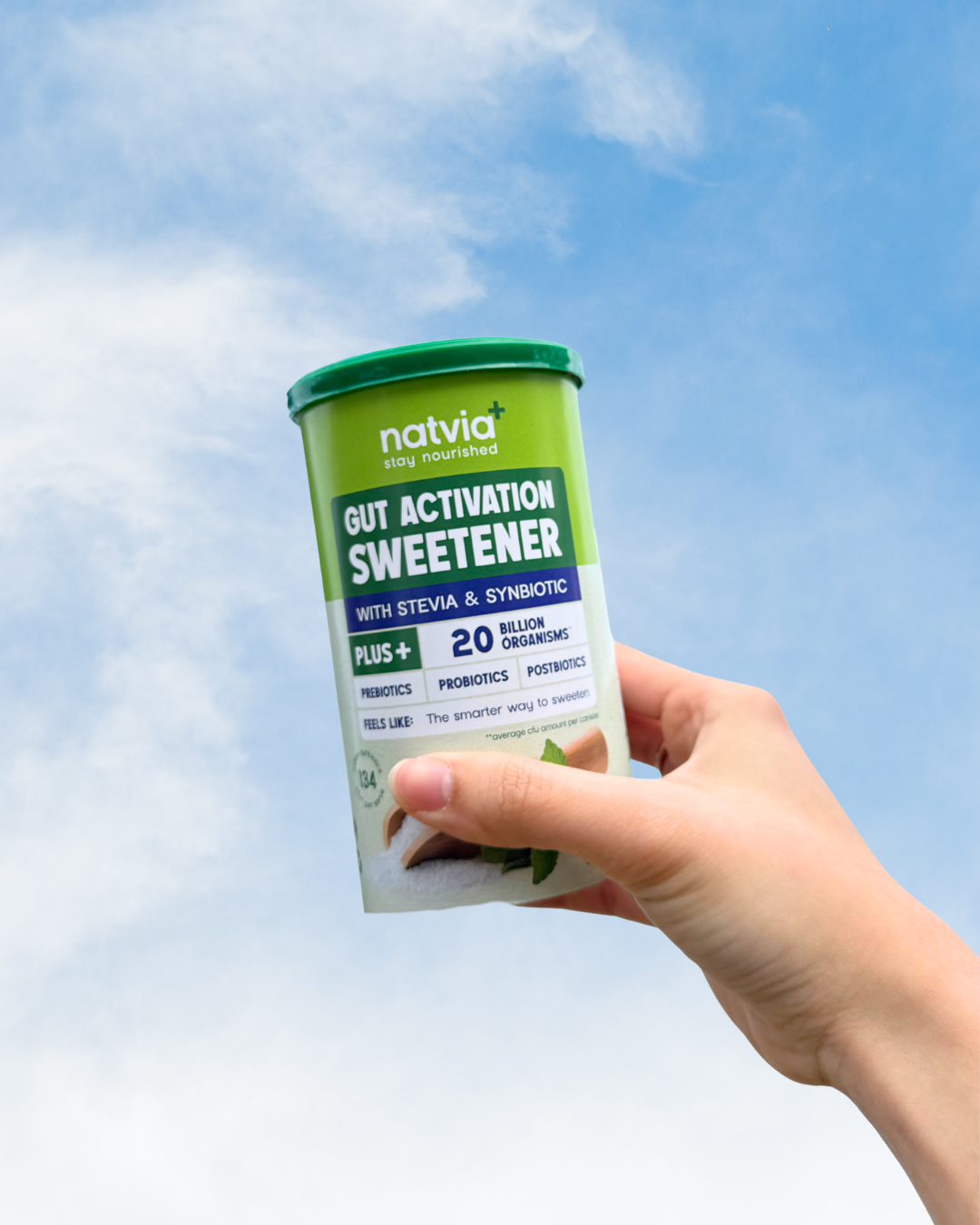What is Menopause?
Menopause is the natural biological process that marks the end of a woman’s reproductive years, typically occurring between the ages of 45–55. It's officially diagnosed after 12 consecutive months without a menstrual period.
Key hormonal changes:
- Estrogen and progesterone levels decline
- Slower metabolism
- Increased insulin resistance
- Changes in fat distribution (more belly fat)
The Link between Sugar and Menopause
During menopause, the body becomes more sensitive to sugar due to hormonal shifts. High sugar intake can:
1. Worsen Hot Flashes and Night Sweats
-
-
Blood sugar spikes and crashes can trigger or intensify these symptoms.
-
2. Increase Weight Gain (Especially Around the Belly)
-
-
Menopause slows metabolism, and sugar contributes to fat storage.
-
3. Elevated Risk of Type 2 Diabetes and Insulin Resistance
-
- The body’s insulin response is already weakened during menopause.
4. Impact Mood and Sleep
-
- Sugar highs and crashes can worsen irritability, anxiety, and insomnia, already common in menopause.
5. The Effect On Heart Health
-
- Post-menopausal women are at higher risk for cardiovascular issues, and excess sugar can elevate cholesterol and blood pressure.
How to Manage Sugar During Menopause
- Natural Sweeteners include: Stevia, Monk Fruit and Erythritol, among others.
- Choose natural sweeteners: Like Natvia 100% Natural Sweetener, which is low-GI and doesn’t spike blood sugar.
- Prioritise whole foods: Lean proteins, healthy fats, fibre-rich veggies.
- Balance meals: Combining carbs with protein or fat helps reduce sugar spikes.
- Watch for hidden sugars: In sauces, cereals, yoghurts, and drinks.
- Practice mindful eating: Helps curb cravings and emotional eating.





